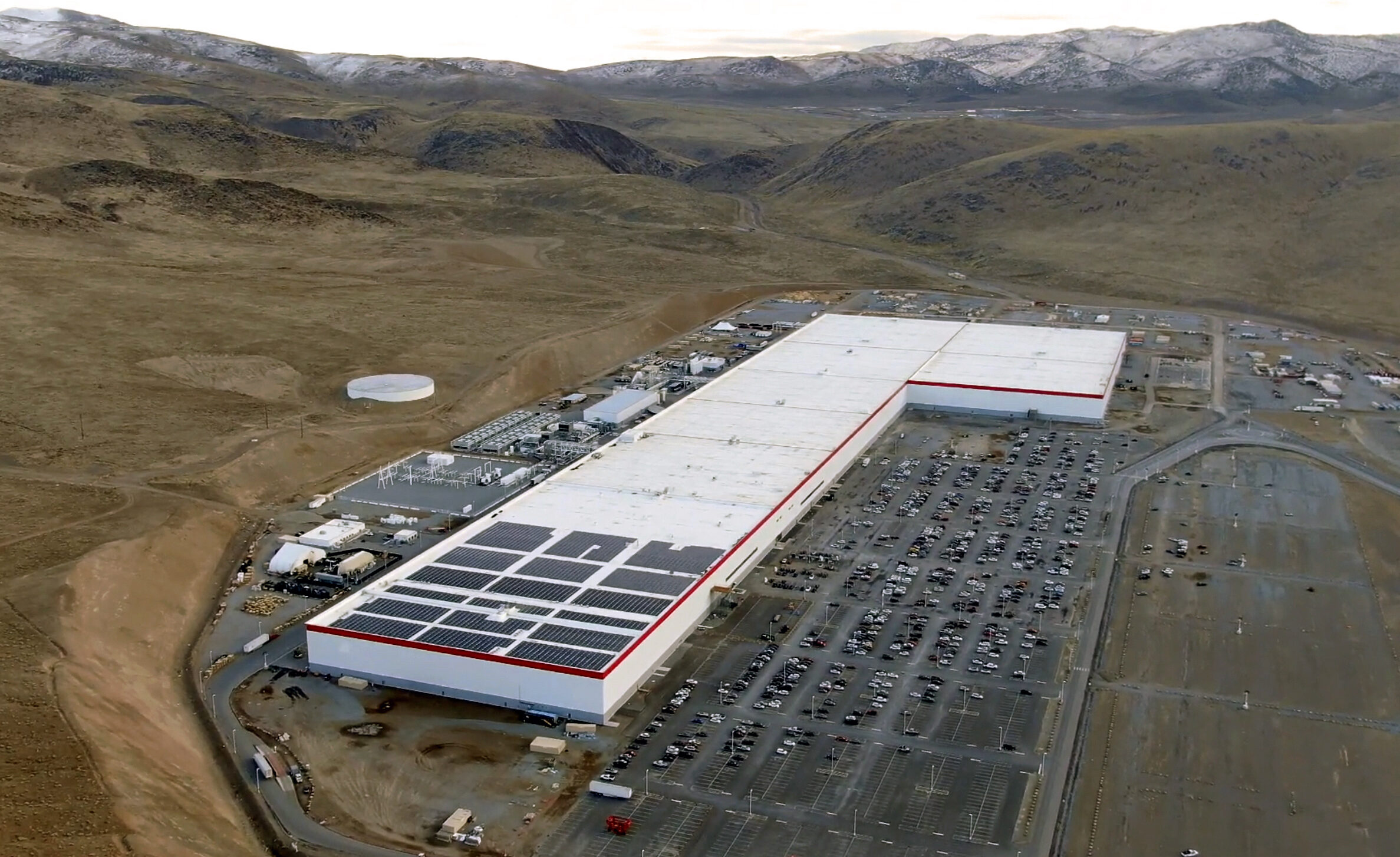Last year was an alarming one for those of us tracking corporate welfare. In total, we counted 21 new “megadeals” worth $50 million or more. Eight of those were mega-megadeals costing over $1 billion each—as many as the previous nine years combined.
To keep up with the accelerating rate of new megadeal announcements, we’ve begun adding them to our Subsidy Tracker database monthly.
Unfortunately, last year’s trend shows no signs of abating in 2023. In the past three months, we’ve added five new megadeals, two over $1 billion, with electric vehicle and EV battery plants driving state and local megadeal activity.

In March, Tesla wrested another $330 million from the state of Nevada to subsidize a $3.6 billion expansion of its “giga-factory” site near Reno. The package contains a 10-year, 100% exemption on property taxes and state business taxes plus a 20-year reduced sales and use tax rate.
This comes on top of the $1.3 billion subsidy package Tesla received in 2014 for its initial investment in the Nevada giga-factory, including a full sales tax exemption that it’ll continue to enjoy until 2034.
But Elon Musk is far from the only one who’s been taking taxpayers for a ride.
In mid-February, Ford Motors received $1 billion in grants and tax exemptions for its new EV battery plant outside of Marshall, Michigan. Two weeks later, the Michigan legislature and Gov. Gretchen Whitmer approved another $630 million in additional infrastructure and site readiness spending to prepare for Ford’s arrival, bringing the megadeal total to $1.7 billion.
Not to be outdone, South Carolina agreed to spend $1.3 billion to grease the skids for Scout Motors, a subsidiary of German automaker Volkswagen focused on EVs. The company will also receive an unspecified amount of state tax credits and a 40-year local tax abatement, the cost of which remains undisclosed.
None of these megadeals account for the billions in federal grants and loans made available last year through the Inflation Reduction Act to subsidize investment in EV and battery production. And they come heaped on the $13.8 billion pile of subsidies states and localities have already awarded in the last five years (that we know about).
Our 2022 report on EV subsidies noted some of these deals have few if any strings attached in terms of job creation and quality. Ford recently disclosed that three-quarters of the workers employed at its new Michigan facility will make just $41,600 a year, or $20 an hour, well below the average for workers at similar plants represented by the United Auto Workers.
As the market for EVs continues to expand, promoted by new federal spending and tax incentives for consumers, state and local officials would be wise to slam the brakes on these duplicative and wasteful megadeals. Instead they should be prioritizing the kinds of people-focused investments—in public education, mass transit, childcare, affordable housing—that actually make a state a great place to live, not just an easy place to make a buck.